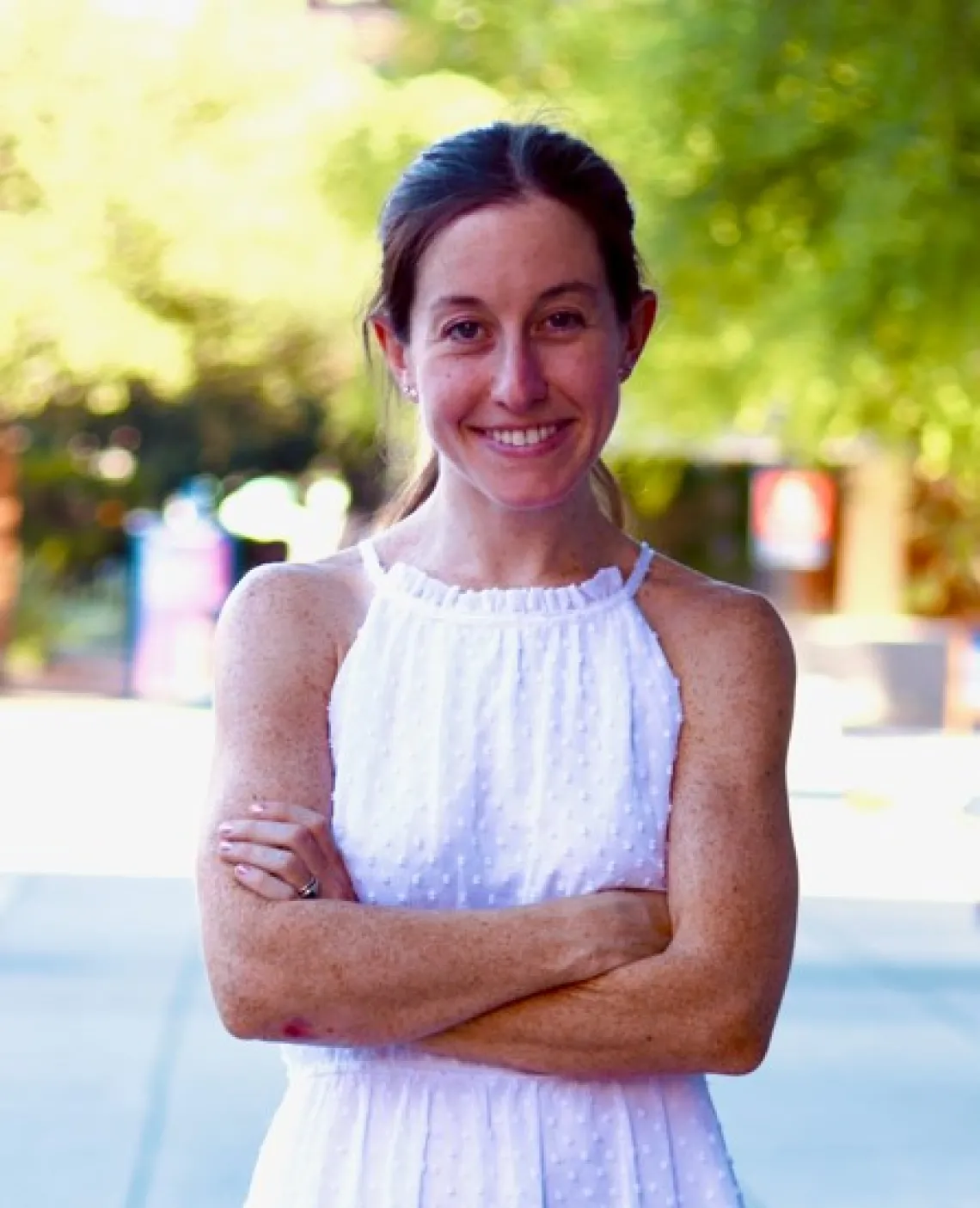Billie Braimah, Physics Graduate Student

When
Abstract: The ATLAS detector, located at the CERN laboratory in Geneva, Switzerland, is one of two "discovery experiments" at the energy frontier of particle physics. It is composed of a set of detector elements which measure the products of the proton-proton collisions happening in the center of the ATLAS detector. The colliding protons are provided by CERN's accelerator complex, the chief accelerator being the Large Hadron Collider (LHC). The LHC is preparing for an upgrade which will increase the rate of collisions taking place at the center of the ATLAS detector by almost an order of magnitude. This will force parts of the detector to operate outside their design specifications.
The operation of the ATLAS Liquid Argon Forward Calorimeter (FCal), the part of the ATLAS detector which experiences the highest amount of radiation, will be particularly affected by the increased rate of collisions. The high-radiation environment will cause the FCal electrodes to enter a space-charge limited regime where positive argon ions build up in the liquid argon gap, causing the energy signal measured by the FCal electronics to be degraded in amplitude and distorted in shape. This signal must be corrected in order for FCal data to be useful in future operation of the ATLAS detector. We have designed and constructed an experiment to investigate this problem by using a strong beta emitter sealed inside an FCal electrode to artificially induce positive ion buildup in the liquid argon gap. We replicated the high energy events in ATLAS that the calorimeter is designed to study by using positrons in a 180 GeV test beam to create electromagnetic particle showers, each of which generated large ionization pulses in the liquid argon in the FCal electrode. We compared these degraded and distorted signals from the artificially irradiated FCal electrode with normal signals from a control FCal electrode. We measured and analyzed each of the signal pulses and will use the results to characterize the space-charge effect and develop software corrections that will enable us to recover as much of the undistorted energy signal as possible. These types of corrections can be applied in a broader sense to the ATLAS liquid argon calorimeters in order to extend their life as the collision rate at the LHC increases.



